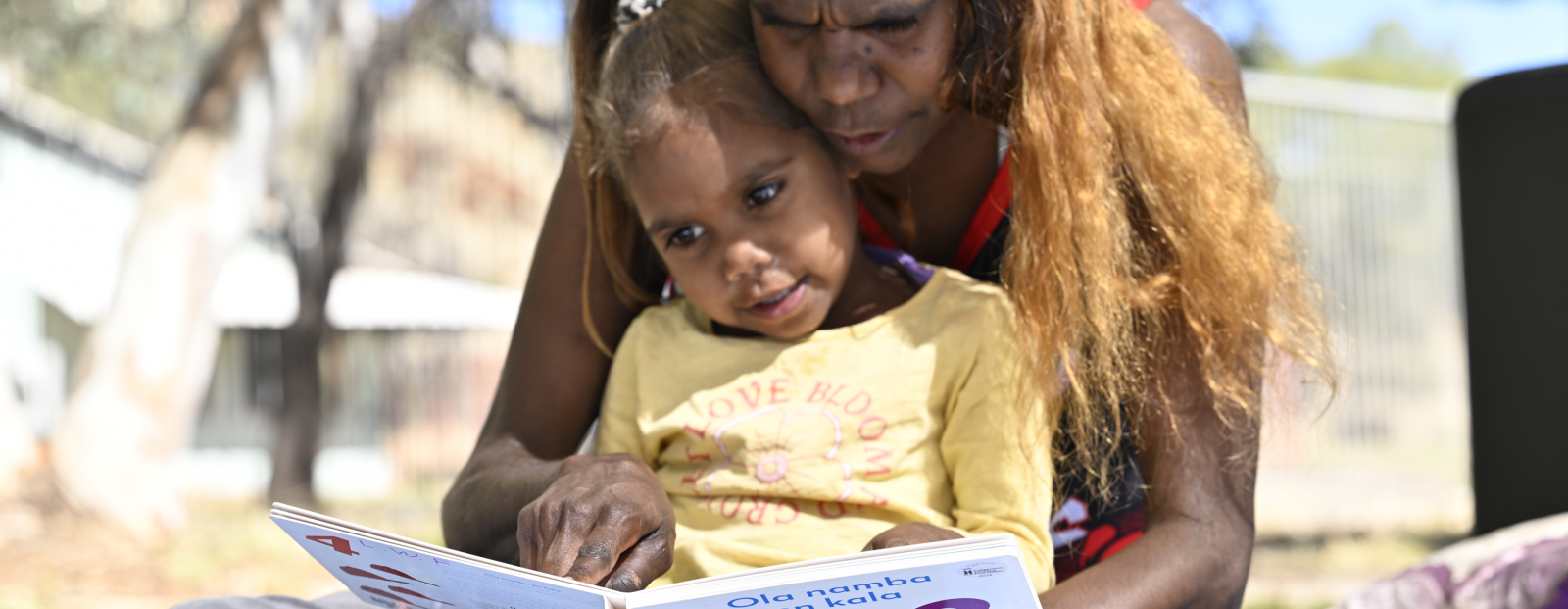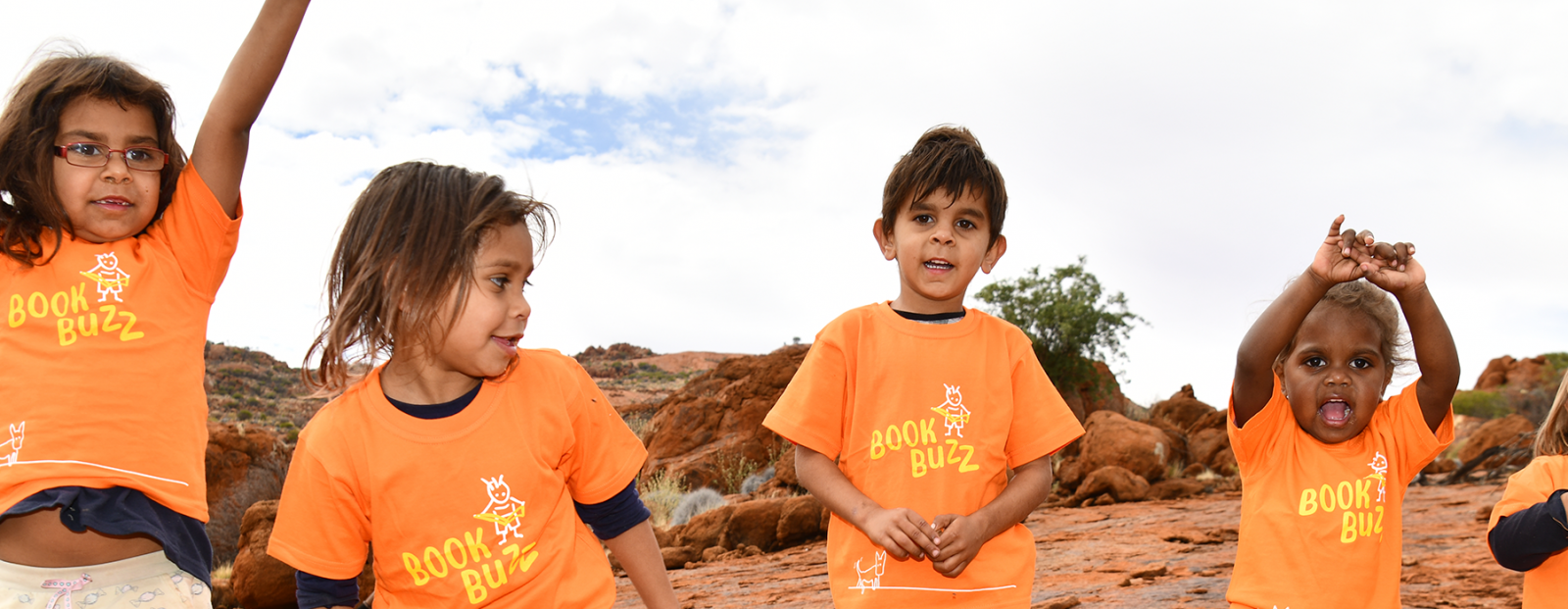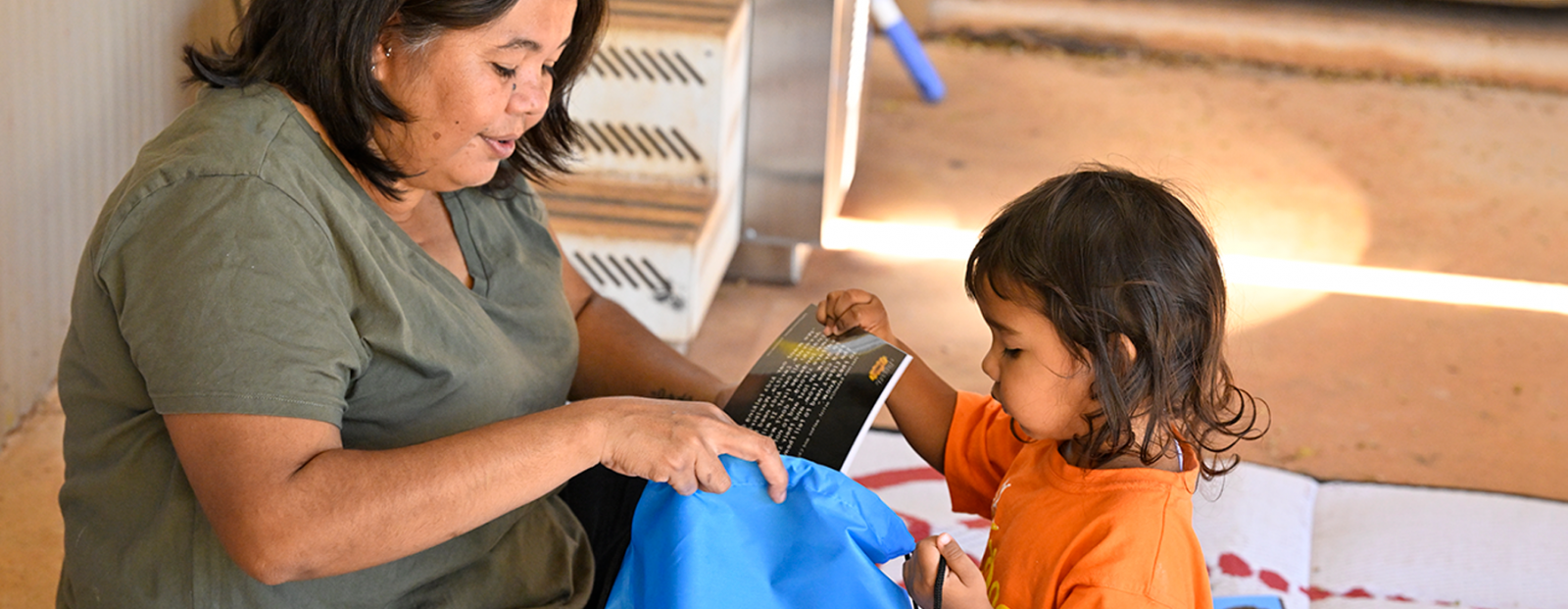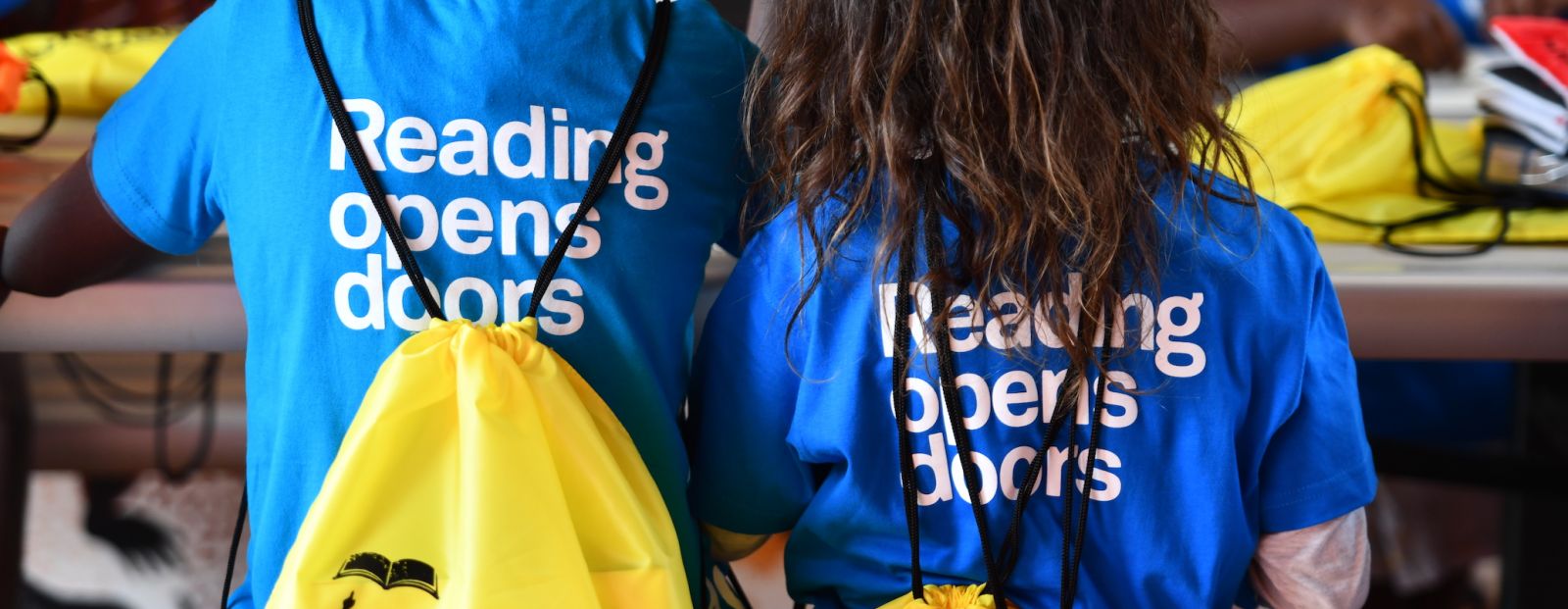Highlights the value of all people’s own languages and stories
The Indigenous Literacy Foundation (ILF) encourages reading and promotes literacy by securing access to good literature for First Nations children of Australia. The organisation works in 427 First Nations Communities all over the Australian continent. ILF emphasizes the importance of First Nations children finding themselves, their culture and their languages reflected in the books they read.
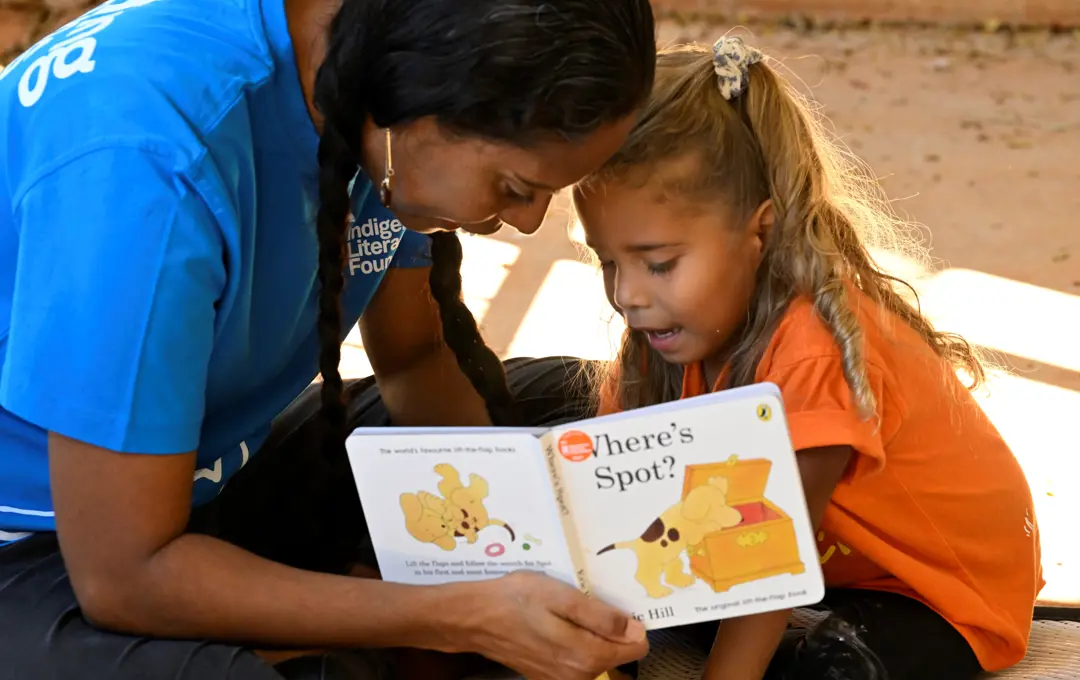 Photo: Wayne Quilliam
Photo: Wayne QuilliamQuick facts
The jury’s motivation
With curiosity and respect, Indigenous Literacy Foundation works with reading and storytelling among First Nations children in Australia. In close collaboration with Communities, they highlight the value of all people’s own languages and stories. By spreading books and stimulating reading, storytelling and creativity, Indigenous Literacy Foundation builds the desire to read and fosters pride, self-confidence and a sense of belonging. Every child has the right to their language and their stories.
Click here for a sight interpreted version of the film.
The Indigenous Literacy Foundation (ILF) was founded (as the Riverbend Reading Challenge) in 2004, to raise funds to provide books and improve literacy outcomes in remote Australia. In 2011 it became the ILF, encouraging reading and promoting literacy by securing access to good literature for First Nations children of Australia. Today, the ILF works in 427 First Nations Communities all over the Australian continent.
ILF is governed by the wishes and needs of Communities and strives to involve Community residents at all levels of its organisation. Through various programs they offer book packs to children and families in First Nations Communities around Australia and on the Torres Strait Islands, translate books, organize reading out loud activities, and support the publication of children’s books that have been created in Communities.
The ILF emphasises the importance of First Nations children finding themselves, their culture and their languages reflected in the books they read. Access to books that tell local stories in First Languages keeps languages and cultures alive and builds feelings of connection, belonging and pride.
The award ceremony took place in Stockholm on June 4, 2024.
Interview with ILF
During the award week in Stockholm, we recorded a film with Ben Bowen, Suzy Wilson and Natalie Ahmat from the Indigenous Literacy Foundation. Watch the video in the player below.
The phone call from the Jury
Listen to the phone call from jury chair Boel Westin to Ben Bowen, CEO of ILF.
Keeps the languages and the culture alive
The text was written in 2024 by Henry Ascher and Annika Edlund.
The flight to the Tiwi Islands from Sydney takes five hours with a stop in Darwin. Waiting in Pirlangimpi to welcome Astrid Lindgren Memorial Award is Dianne Moore – or TicTac, as everyone calls her. Tictac is employed by the Indigenous Literacy Foundation (ILF) and coordinates its activities on the Tiwi Islands. Distances here are long and public transport is non-existent. To get around and deliver ILF book packs, TicTac takes a Jeep, bumping for hours over sandy, dusty roads. ILF carries out all its work in close concert with First Nations Communities. To quote Ben Bowen, the group’s CEO:
Our Communities and families are strong. They are the backbone of our culture and our first educators. My aim is for remote Communities to drive our process; to anchor the Indigenous Literacy Foundation’s literacy programs into the family and Community structures. It is a powerful thing that can change the world for us.
The Indigenous Literacy Foundation was formed in 2011 to encourage reading and promote literacy by securing access to good literature for First Nations children of Australia. The founder of ILF, Suzy Wilson, first began raising funds to distribute books in 2003. A year later, she launched a reading skills improvement project called the Riverbend Reader’s Challenge. Today, ILF works in 427 First Nations Communities all over the Australian continent.
ILF collects donations for its programs through campaigns in which its volunteer ambassadors – famous authors, illustrators, actors and musicians – play an important role. ILF sponsors are selected with care. Australia Post, for example, has donated shipping for ILF books for the past three years, sending a total of 300,000 books to 356 Communities. In return, through their work with ILF, sponsors learn more about the situation and literature of First Nations peoples.
Australia is home to at least 250 Indigenous languages as well as many dialects. A long history of discrimination has made poverty, unemployment and vulnerability common in First Nations Communities, along with inadequate infrastructure. When the nearest library is 11 hours away, accessing books and literature is not easy. Many children have never seen a book in their own language.
ILF is governed by the wishes and needs of Communities and strives to involve Community residents at all levels of its organisation. Its reading promotion efforts stretch far beyond giving children access to books. Three programs form the core of its activities.
Encouraging reading – together
ILF’s Book Supply program helps bring new and culturally relevant books to First Nations peoples across mainland Australia and the Torres Strait Islands. Under this program, schools and preschools as well as health centres and women’s centres can order books and distribute them to children and families for free.
The program offers book packs designed for four different age groups. Half of the books in each pack are by Indigenous authors or illustrators. The book selection process is careful and extensive. The selection group includes members of First Nations Communities. The goal is for them to make up the majority of the group.
ILF’s reading promotion work is based on collaboration with and commitment from local Communities. Beginning with the publication of ILF’s first book translated into an Aboriginal language, collaborating with Community Elders on translations has been an essential part of ensuring the preservation of language.
Out-loud reading and play
To get children under five engaged in reading and help them develop skills that are critical for literacy, ILF started the Book Buzz program. It focuses on daily reading aloud and book-inspired play. From a catalogue, children choose from among book packs with different themes. ILF sends them a small suitcase filled with board, picture and touch-and-feel books as well as puzzles, games and dolls related to the theme. Some of the books are in English, some are bilingual, and some are in an Indigenous language only. Today, many of the books come with QR codes that allow them to be listened to in different languages. Translations are made in consultation with the Communities based on the question: “What would you like us to translate?” This dialogue lies at the heart of ILF’s work with preserving and developing languages.
In 2022, ILF distributed more than 3,000 book packs containing more than 115,000 books to more than 380 different areas.
Local stories
ILF emphasizes the importance of First Nations children finding themselves, their culture and their languages reflected in the books they read. The Aboriginal culture of Australia is humanity’s oldest surviving continuous culture. Access to books that tell local stories in First Languages keeps the languages and the culture alive and builds feelings of connection, belonging and pride.
In the Community Publishing program, ILF works with Communities all over Australia to support the publication of children’s books created by the Community in the language of their choice, often a First Language. The program also funds the development of digital and other media resources, as well as workshops. It includes the Create initiative, in which children come together with authors and illustrators to spend an intensive week writing, illustrating and printing their own books. The books are published and sold all over Australia.
ILF begins by listening to the wishes and needs of the Community and takes care throughout the process to ensure that the local Community retains leadership and control. Collaboration with Elders is important in order for language and stories to be authentic. So far, 109 books in 31 languages have been published and distributed.
Through the Reading Opens Doors Library project, ILF also helps educate Australia’s majority society about First Nations peoples. Each year ILF selects a miniature library: a mix of children’s books, young adult literature, novels, songbooks and nonfiction. Attractively boxed, the books are sent out to workplaces all over Australia, where they are displayed and made available for borrowing. The goal is to help people better understand and begin to engage with the situation of First Nations peoples and to spark new conversations in the workplace.
Innovative reading promotion
With trust and respect for each Community and its unique conditions, traditions and wishes, and in cooperation with Community residents, ILF promotes reading for pleasure, education, the creation of new stories and the preservation of language. ILF’s innovative, creative work is an inspiration – not only for reading promotion among First Nations peoples, but also for work with children in other social groups whose stories, languages and experiences are not recognized by the majority society.
Every child has the right to their language and their stories.
Our Communities and families are strong. They are the backbone of our culture and our first educators.
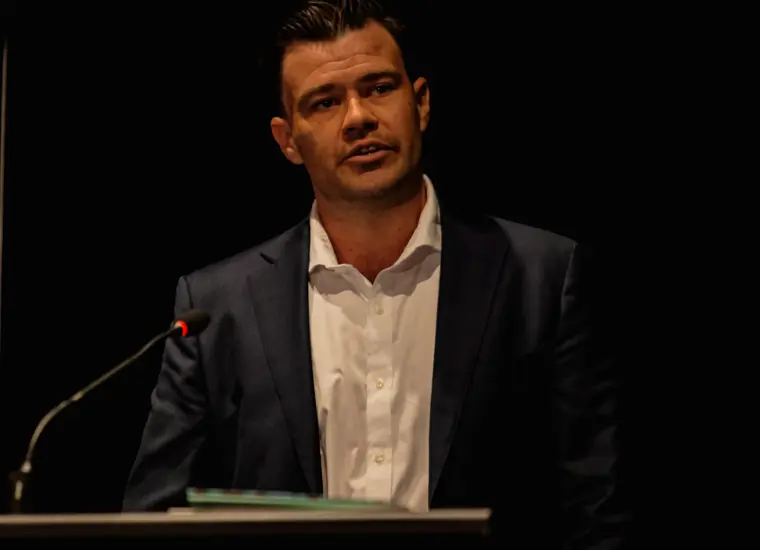
“Books should be a fundamental human right”
The Indigenous Literacy Foundation (ILF) works in more than 400 First Nations Communities all over the Australian continent, promoting reading and literacy for First Nations children. We spoke to Ben Bowen, CEO of the ILF, about the importance of representation, the keys to the organisation’s success, and the significance of the Astrid Lindgren Memorial Award.
Read the interview
Discover our laureates
The Astrid Lindgren Memorial Award is awarded to authors, illustrators and narrators, but also to people or organizations that work to promote reading.
Find out more about the laureates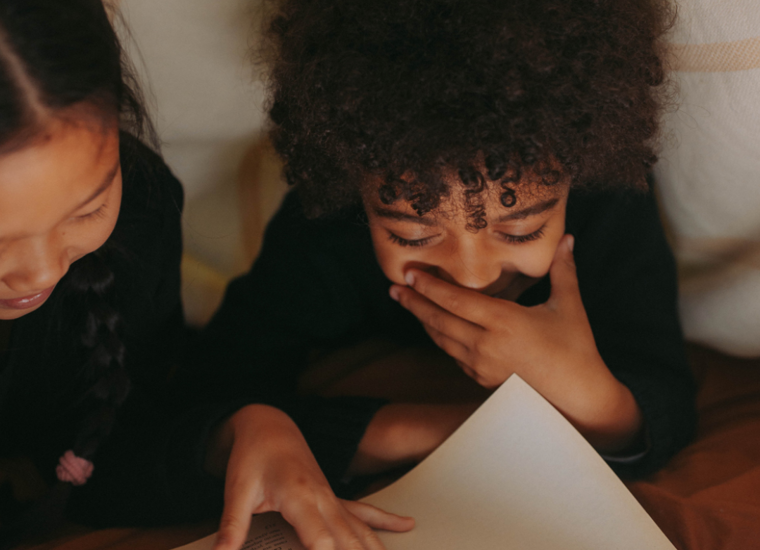
Children have the right to great stories
To lose yourself in a story is to find yourself in the grip of an irresistible power. A power that provokes thought, unlocks language and allows the imagination to roam free. The Astrid Lindgren Memorial Award was created in 2002 by the Swedish government to promote every child’s right to great stories.
Find out more about the award